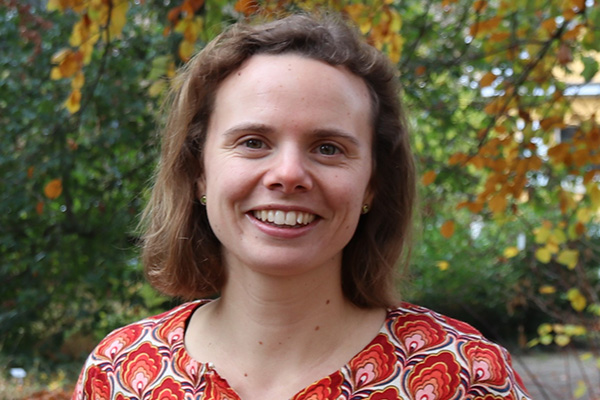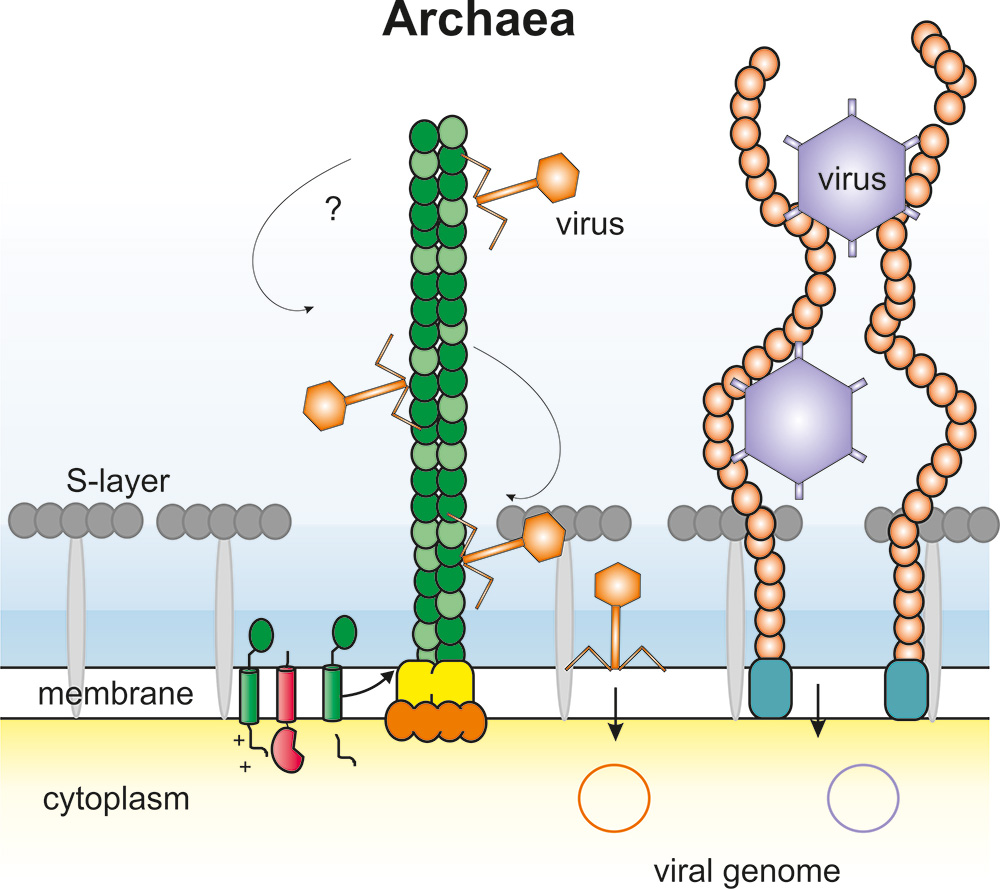Strategies to escape viral infection in archaea
Zaloa Aguirre – Hector RCD Awardee Tessa Quax
Viruses are the most abundant biological entities on Earth. Although they infect members of the three domains of life, little is known about the infection mechanisms of archaeal viruses. The aim of this research is to gain insight into the interaction between halophilic archaeal cells and their viruses by using a combination of light and electron microscopy with molecular biology and virological techniques.
Viruses are the most abundant biological entities on earth, and it is estimated that they outnumber their hosts by at least an order of magnitude. Their hosts include members of the three domains of life: archaea, bacteria and eukaryotes and viruses are thus believed to be a major driver of evolution. Archaea are ubiquitous microorganisms that inhabit a wide array of environments ranging from extreme habitats such as hot springs, to moderate ones such as the oceans or the human digestive tract. Viruses infecting archaea display a high morphological and genetic diversity. However, little is known about their infection mechanisms and how archaeal cells can escape viral infection.
By combining light and electron microscopy with molecular biology and virological techniques, this research aims to gain insight into the interaction between archaea and their viruses. This will significantly advance our understanding of the evolutionary pressure that viruses exert on the archaeal cell surface. More specifically, this project focuses on viruses of halophilic archaea and aims to decipher the role of surface appendages in strategies to escape viral infection.
Diagram showing virus-host interactions at the archaeal cell surface. Viruses with different
morphologies interact with different filamentous structures at the surface.

Zaloa Aguirre
University of Groningen, NetherlandsSupervised by

Tessa Quax
Biology

